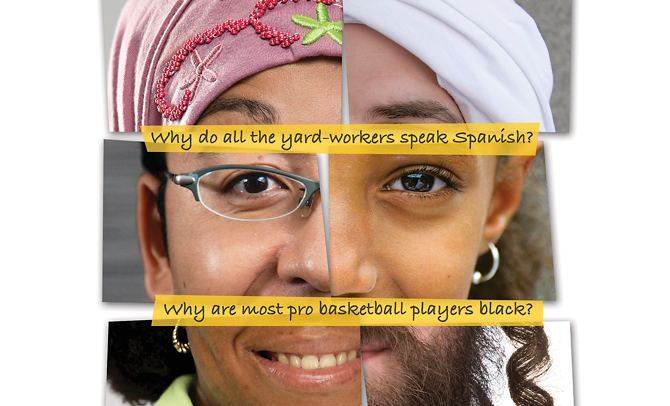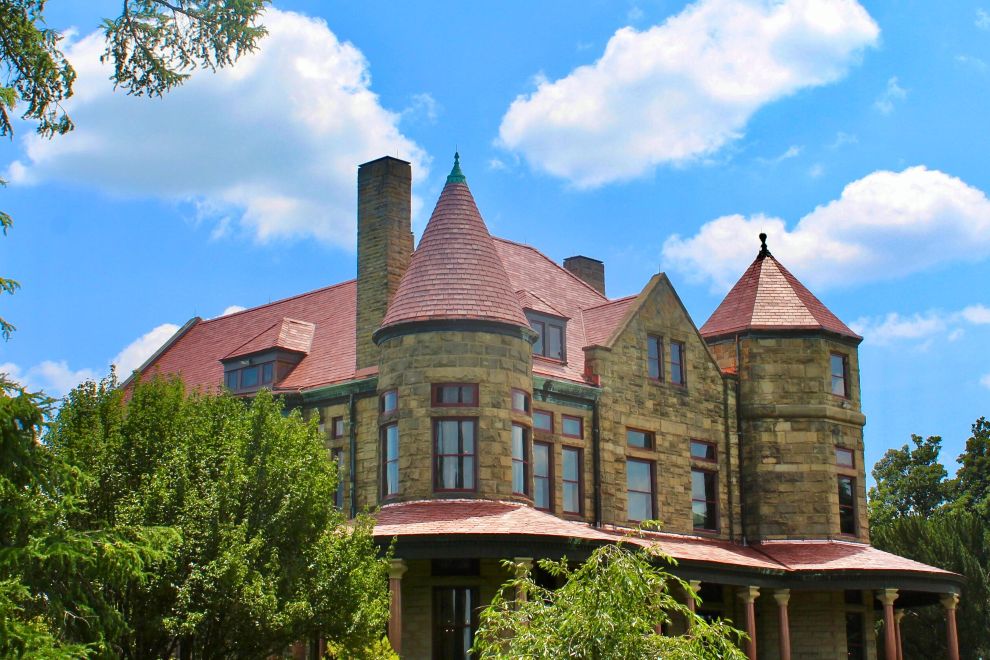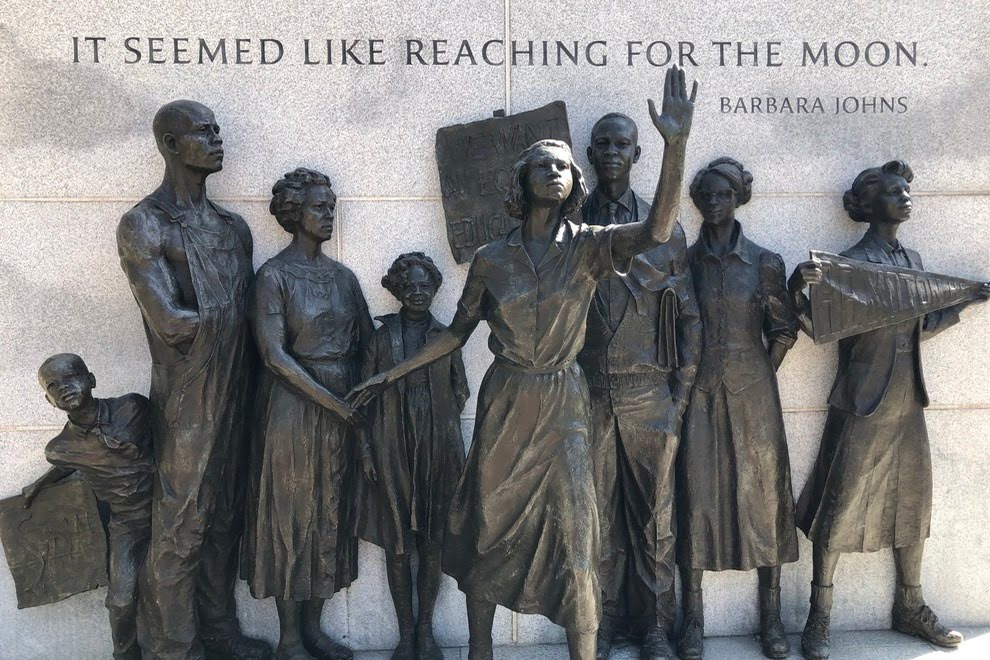Despite living in a country that guarantees basic freedoms to all, struggles with issues of race and tolerance are recurring themes in our society. How do we raise our children to respect differences, when diversity is so difficult to discuss? Kids can surprise you with some doozie questions. Local parents revealed some tough ones:
Why is it such a big deal that a Black man is President? Why do all the yard-workers speak Spanish? Why do only Black people get off the bus stop at apartment buildings? How can Uncle Frank and Uncle Steve be married? Why are most pro basketball players Black? Why don’t they only screen Muslims at airports since they are always the terrorists? Why don’t you have any close friends who are Black? Why are there no white people at our church?
Now of course not all gardeners are Latinos, and most churches, neighborhoods, and families believe they welcome diversity. Terrorists come in all shapes and sizes. But children ask about what they see in order to make sense of their world. It helps to remember that inquisitive children come from a place of innocence. There are no bad or wrong questions.
Difficult Discussions Are Important
But let’s be honest: Discussing race, prejudice, and discrimination is just plain uncomfortable. Under the discomfort often lies the false belief that pointing out differences causes prejudice. According to Nurture Shock by Po Bronson and Ashley Merryman, in an attempt to raise what we think of as color-blind children, well-meaning parents may ignore differences in an effort to underscore that “everybody’s equal” and “God made us all.” These themes are too vague for children to realize that parents are referring to cultural differences.
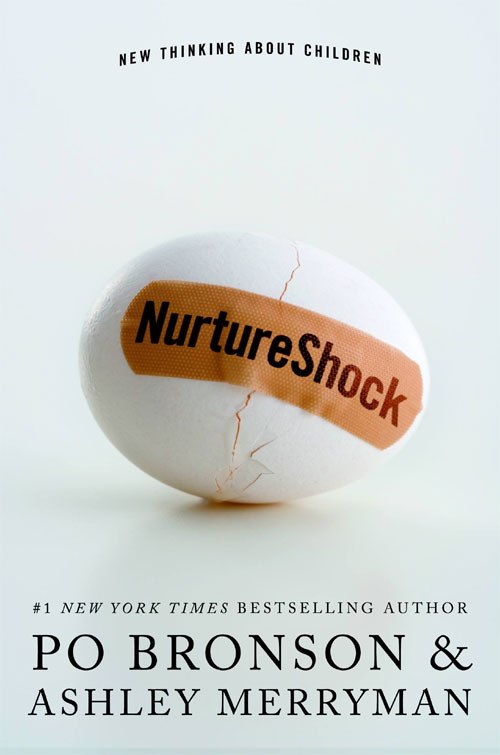
Nurture Shock studies also revealed that in homes where race was not discussed, kids drew their own conclusions, often deciding for themselves that their parents thought negatively of other races. “That is why specific and ongoing conversations are important,” states Nicole Gilpin Hood, PhD, who is director of academic and community enrichment at St. Catherine’s School. “Kids like absolute answers, but there are no clear societal rules to talk about race. We worry that by noting differences, we may be offensive. But absent explanations from parents, kids will fill in their own meanings,” states Dr. Hood. “So you have to say something.”
“Conversations about diversity are common in non-white households because children’s questions come early and regularly,” points out artist-activist, Artisia Green, a theater professor at the College of William and Mary and winner of multiple Black Theater Alliance Awards. “Imagine you’re a Jewish kid at Christmas, or one of a handful of Black children in a private school, or an Asian girl with few American role models. You notice you’re different and ask, Why?
American society is geared toward the normative Caucasian, so questions in white families may be delayed.” However, Dr. Hood points out, “Talking about difference isn’t just the responsibility of the group who represents the difference. Responsible parenting is discussing diversity with your children no matter your background.”
Start Early and Talk Often
“It has to be part of the household thread, in the way that discussions about values, religious beliefs, and traditions are woven,” says Green. Use your parent intuition to speak at age-appropriate levels, just like your dialogue over religion, sex, and other complicated topics.
Green recommends the arts as a threshold for discussion. “When we see movies or plays and read books that move us, we relate below the surface of skin color, religion, and sexual orientation. Everyone knows what it feels like to be excluded.”
At home, Green, who is a mom of two boys, 2 and 10, also ties economics into discussions about racial disparity. Life opportunities are different for children growing up in public housing versus children in the suburbs, she says. “People live where they want, and go to school where they want, only if they have the economic means. The issue isn’t skin color. For many minorities, it’s hard to break the cycle of poverty.”
Looking for Answers in a Messy World
So with all this advice, let’s try a few answers: I don’t know for sure why many NBA basketball players are African American, but my guess is there is a genetic advantage, inspirational role models, and easy access to practice the sport no matter where you live. Uncle Frank and Uncle Steve are married because couples can be the same gender. My closest friends are white because they are who I grew up with in my neighborhood.
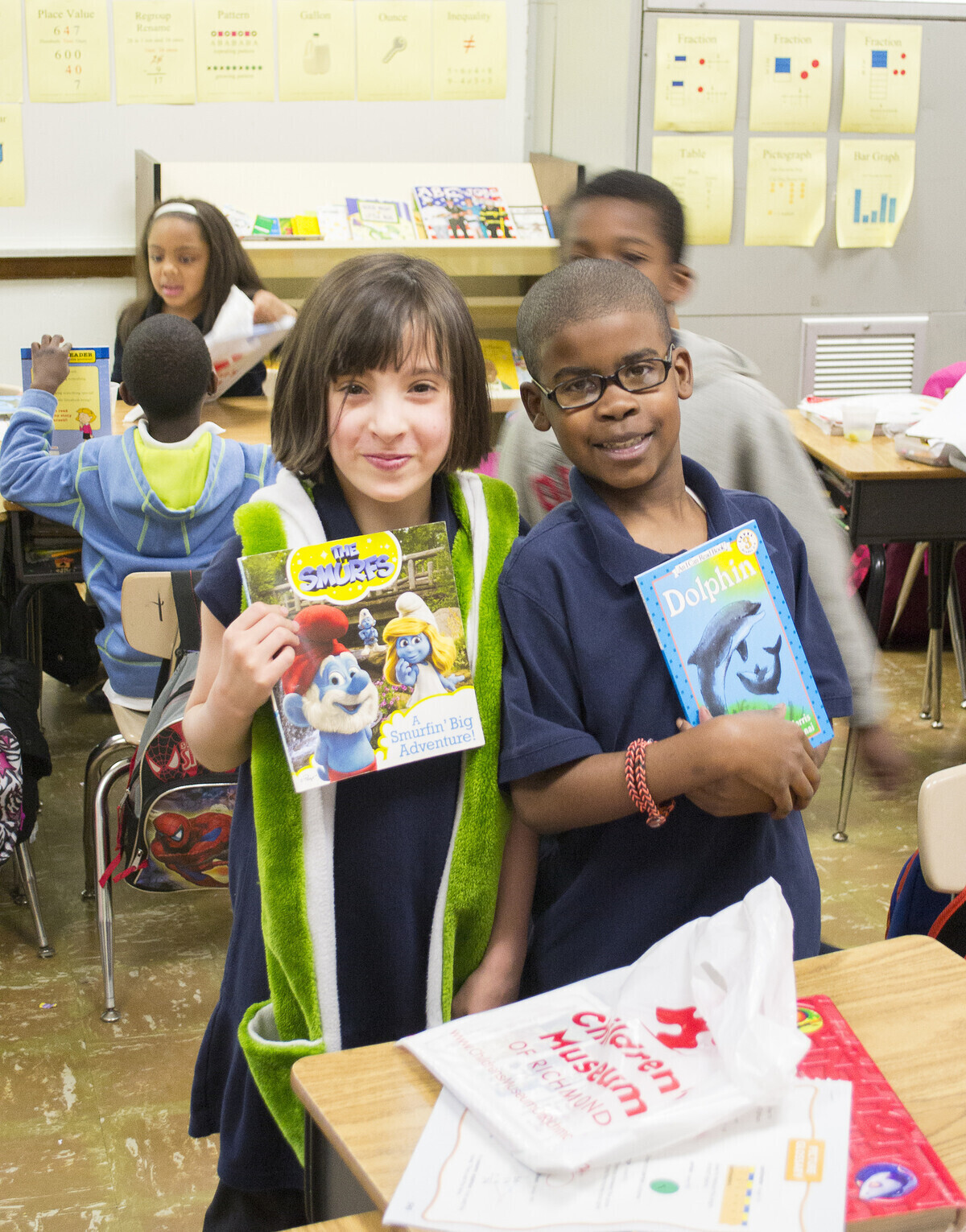
These responses are honest and delivered with respect – but yikes! Don’t think for a second they feel comfortable to state. Questions about differences make people examine their own tolerance, and no one is entirely without prejudice or bias. Diversity questions force us to examine some hard truths, including that the playing field isn’t equal. “The world is messy,” says Dr. Hood. “Parents must help kids learn how to explore and negotiate the messiness, so when they leave the nest they are better equipped to function in a multi-cultural world.”
Ongoing conversation about diversity will richly expand as your children mature. Why do only black people go to our church? may offer a discussion about how people tend to worship within their own neighborhoods and traditions. This may lead to a conversation about economics, culture, and American history.
Why are many yard-workers Hispanic? may bring out topics about first generation immigrants and how it often takes a while for language and education to expand job opportunities.
How do children develop tolerant views of Muslims when the majority of media exposure relates to Islamic terrorists? This is a chance for a parent to explain the missing pieces: “The media does a poor job representing the holistic truths of society,” explains Dr. Hood.
Why is it such a big deal that we have a Black President? could get the family talking about the progress we’re making as a nation, and how it often takes generations for change of the status quo to be accepted.
There was a time when women lacked a full spectrum of rights, when being attracted to the same sex was a secret one took to the grave, and when interracial relations could cause a lynching. Our country has made huge strides and continues to do so.
Discussing diversity will serve everyone, especially as children grow into adults and refine their individual belief systems. It is equally important for parents to explore their own complex feelings. Remember, ignoring race with the hope of raising a prejudice-free child doesn’t work. Above all else, be a good role model. Living with open, positive attitudes about others will go far in raising a child with the same.
[vcex_divider_dots color=”#dd3333″ margin_top=”10″ margin_bottom=”10″]


